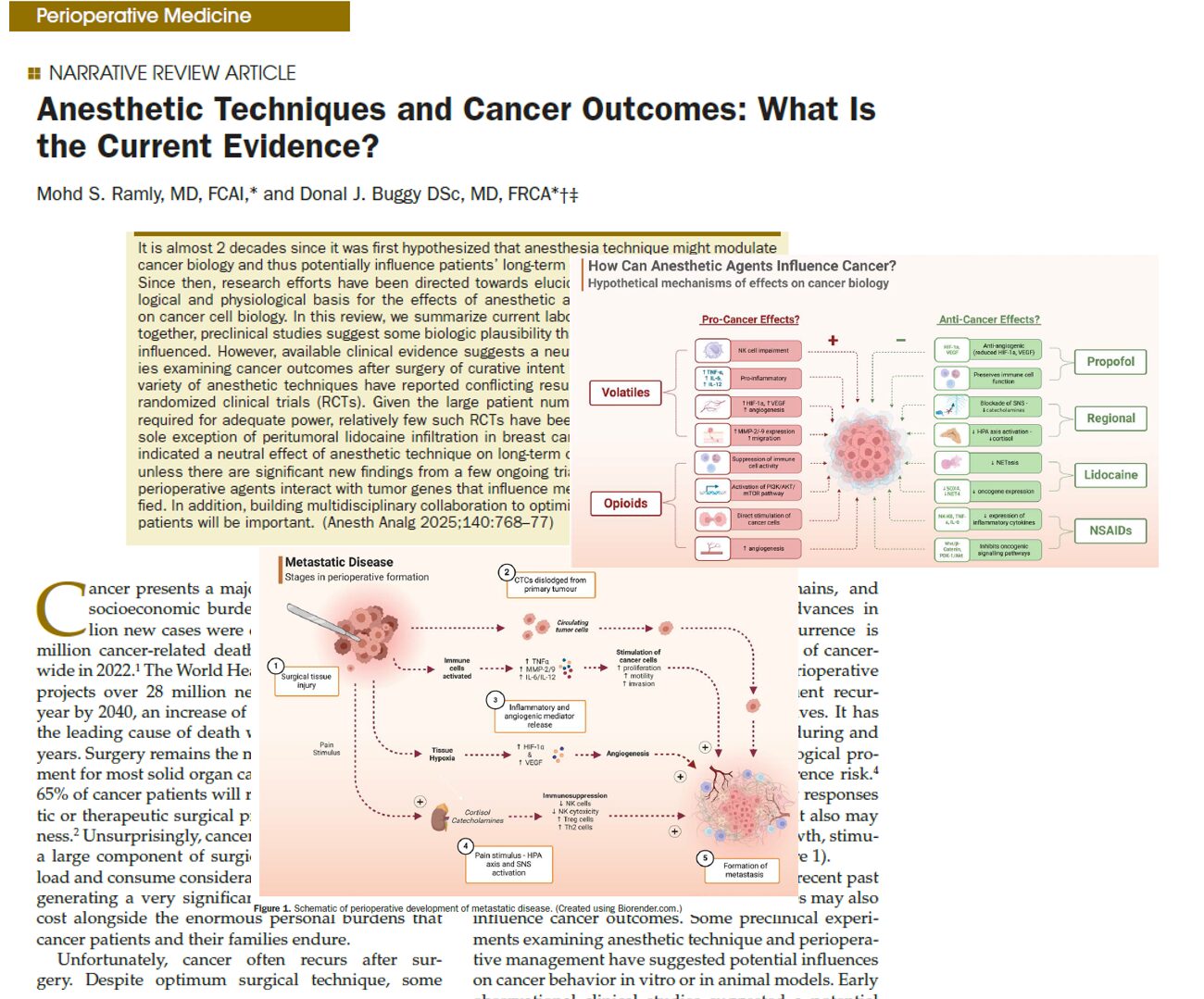Explore NYSORA knowledge base for free:

Chronic low back pain (CLBP) continues to be a leading cause of disability globally, especially among aging populations. In recent years, restorative neurostimulation has emerged as a novel and effective treatment for patients with mechanical low back pain due to multifidus muscle dysfunction, particularly those unresponsive to conventional therapy. A new study by Ardeshiri et al. (2025) in Regional Anesthesia and Pain Medicine, aggregating data from three independent clinical trials, sheds light on the effectiveness of this therapy in older patients — a group historically underrepresented in clinical trials. Understanding the burden of chronic low back pain in older adults Chronic low back pain affects up to 80% of adults at some point in their lives, with prevalence increasing with age. The condition leads to: Loss of mobility and independence Increased fall risk and hospitalizations Reduced quality of life Higher healthcare utilization and costs Older patients often experience mechanical low back pain — pain linked to spinal movement or load — which is commonly rooted in dysfunction of the multifidus muscle, a deep spinal stabilizer. Unfortunately, this subgroup of patients often shows limited improvement from standard interventions such as physical therapy, analgesics, or corticosteroid injections. What is restorative neurostimulation? Restorative neurostimulation is an innovative therapy designed to target the underlying dysfunction of the multifidus muscle, rather than masking symptoms. It employs neuromodulation, a field that uses electrical stimulation to influence nerve activity. Key features of restorative neurostimulation: Target area: Medial branch of the dorsal ramus at the L2 spinal nerve Device components: Implantable pulse generator Leads positioned near spinal nerves Therapy regimen: Twice-daily 30-minute sessions Generates smooth, tetanic contractions to retrain the multifidus muscle Goal: Restore spinal stability and reduce pain by reversing muscle inhibition This therapy is branded as ReActiv8®, and has already demonstrated safety and efficacy in younger […]

In the ever-evolving landscape of cancer care, the role of anesthesia during cancer surgery has garnered significant scientific attention. Could the choice of anesthetic technique influence cancer recurrence and survival rates? A 2025 review by Dr. Mohd S. Ramly and Dr. Donal J. Buggy offers the latest insights into this critical question. Scientific background The “seed and soil” hypothesis, dating back to 1889, remains central: cancer cells (“seed”) metastasize if the body’s environment (“soil”) is receptive. Surgery can inadvertently promote cancer spread through: Stress-induced immune suppression Inflammatory responses stimulate residual tumor growth Formation of supportive metastatic niches Anesthetic agents could influence these biological processes by modulating immunity, inflammation, and cellular signaling. Anesthetic methods studied 1. Propofol total intravenous anesthesia (TIVA) vs. volatile anesthesia Laboratory findings: Propofol reduces angiogenesis and inflammation. Volatile agents like sevoflurane may promote cancer cell proliferation via hypoxia pathways. Clinical findings: Large trials in breast, gastrointestinal, and colorectal cancers show no significant difference in cancer recurrence or survival between propofol and volatile anesthesia. Ongoing studies like GA-CARES continue to explore this question. 2. Regional anesthesia and neuraxial blocks Hypothesized benefits: Blunting the surgical stress response. Reducing opioid requirement. Preserving natural killer (NK) cell function. Reality check: Major trials show no difference in cancer outcomes between general anesthesia with or without neuraxial techniques. 3. Intravenous lidocaine Early retrospective data suggested improved survival. However, a recent RCT in pancreatic cancer patients found neutral effects on recurrence and survival. Peritumoral infiltration during breast cancer surgery shows promising results with reduced local recurrence and improved survival. Other perioperative agents studied Nonsteroidal anti-inflammatory drugs (NSAIDs) Epidemiologic studies suggest a potential benefit, especially for colorectal and breast cancers. RCTs using long-term celecoxib showed no survival benefit. Routine perioperative NSAID use is not currently recommended for oncologic benefit. Opioids Opioids may have immunosuppressive or […]

Some events leave a mark through knowledge. Others through experience. The Pain Review Conference in Cappadocia, held May 2–5, 2025, delivered both. Set against the surreal landscapes of Cappadocia—NYSORA’s renowned Pain Review Conference brought together pain specialists from around the world for four days of intensive learning, clinical insight, and unforgettable scenery. Led by two leading voices—Dr. Amar Salti and Dr. Tolga Ergonenc—the conference delivered advanced, evidence-based updates in pain management. Sessions covered the full spectrum of interventional pain techniques, patient safety, ultrasound guidance, and current best practices, delivered with the clarity and depth NYSORA is known for. Cappadocia’s unique setting contributed to a productive and memorable experience, allowing participants to step away from their routines and focus on both learning and professional connection: “One of the best conferences I’ve attended—expert faculty, great discussions, and a truly unique location.” — Dr. J. Kaya, Pain Management Fellow “The Cappadocia location offered a relaxed, distraction-free environment for focused learning and meaningful conversations.” — Dr. R. Meier, Anesthesiologist From content to location, NYSORA’s conferences are built to deliver value to clinicians at every stage of their practice. Check out the next destinations: https://www.nysora.com/conferences/